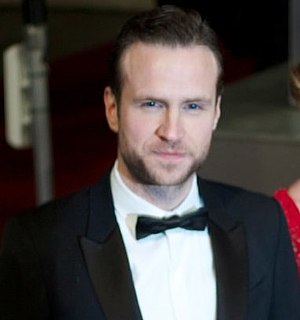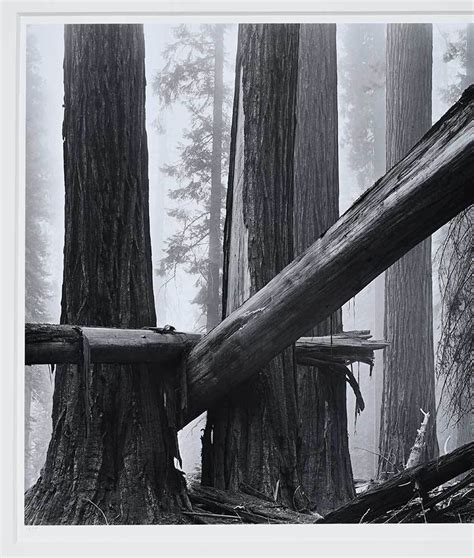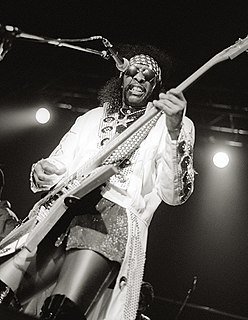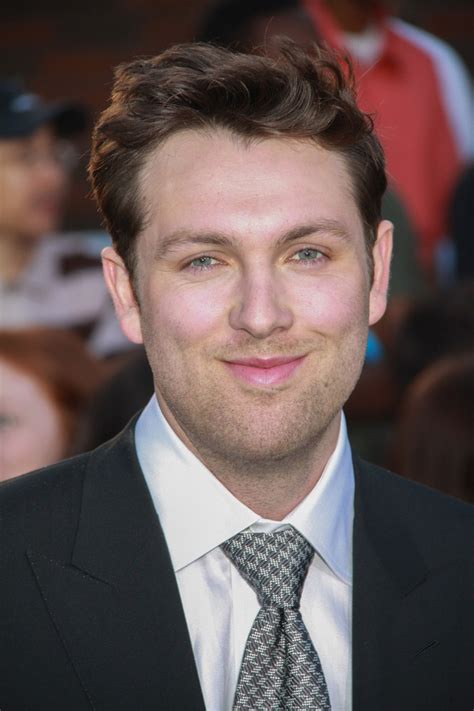A Quote by Ray Davies
What I try to do probably doesn't come out. What I've worked out what I do - I might not be right - is to do something very personal, and then suddenly I look at it, up in the air. I blow it up and look at it and then I come down again - a better man.
Related Quotes
It'll be no use their putting their heads down and saying "Come up again, dear!" I shall only look up and say "Who am I then? Tell me that first, and then, if I like being that person, I'll come up: if not, I'll stay down here till I'm somebody else"--but, oh dear!' cried Alice, with a sudden burst of tears, 'I do wish they WOULD put their heads down! I am so VERY tired of being all alone here!
No wise man will go to live in the country, unless he has something to do which can be better done in the country. For instance, if he is to shut himself up for a year to study science, it is better to look out to the fields, than to an opposite wall. Then, if a man walks out in the country, there is nobody to keep him from walking in again: but if a man walks out in London, he is not sure when he will walk in again. A great city is, to be sure, the school for studying life.
I'm not that type of musician where I can sit down at the piano and work out a song; I actually really enjoy that process of sitting with somebody and having nothing and then suddenly something starts appearing. You struggle with it, and then suddenly a song starts to appear. Then, you've got to try and muscle it - there's that word again - into something and you do. You tussle with it and play with it and roll around with it and suddenly, magically, something appears.
I turn sentences around. That's my life. I write a sentence and then I turn it around. Then I look at it and I turn it around again. Then I have lunch. Then I come back in and write another sentence. Then I have tea and turn the new sentence around. Then I read the two sentences over and turn them both around. Then I lie down on my sofa and think. Then I get up and throw them out and start from the beginning.
How do you like to go up in a swing,
Up in the air so blue?
Oh, I do think it the pleasantest thing
Ever a child can do!
Up in the air and over the wall,
Till I can see so wide,
River and trees and cattle and all
Over the countryside.
Till I look down on the garden green,
Down on the roof so brown-
Up in the air I go flying again,
Up in the air and down!
You do stuff that gets a reaction and you think 'that's a winner' and then it never sees the light of day. But the thing with improvisation is that 90% of what you come up with won't be used and for good reason. But you keep going for the occasional gem that you might come up with. You do a scene and a lot of the time. We wouldn't cut. So, you come up with something that might be funny and then you go, 'alright, what else'? So, you kind of throw stuff against the wall and see what happens. But you've got to be prepared to make a fool of yourself.
When something like personal genomics or synthetic biology suddenly appears - it seems to suddenly appear - we might have been working on it for 30 years, but it seems to come out of nowhere. Then you need strategies for engaging a lot of people and thinking about where it will be going in the next few months or few years.
When I was auditioning for Divergent, I was kind of in the dumps. I wasn't really happy with acting, and I didn't know if I wanted to do it anymore. I went on a bunch of auditions and nothing worked out. Then they said, "Hey, you got a callback for this thing, Divergent." Because I was in such a weird place in my life, I didn't look up what it was about, didn't look up the director, didn't look up that Shai Woodley was a part of it. I read the script, obviously, but I closed myself off from anything else.




































